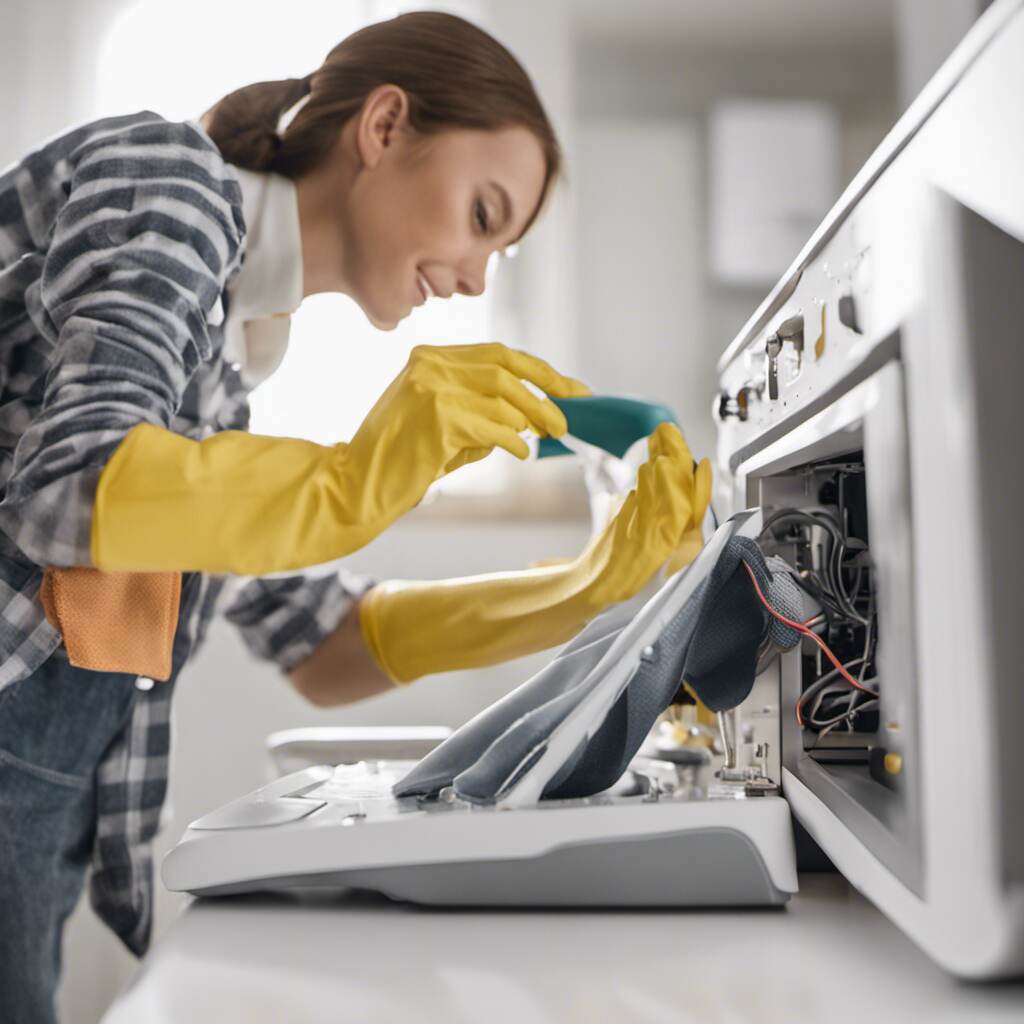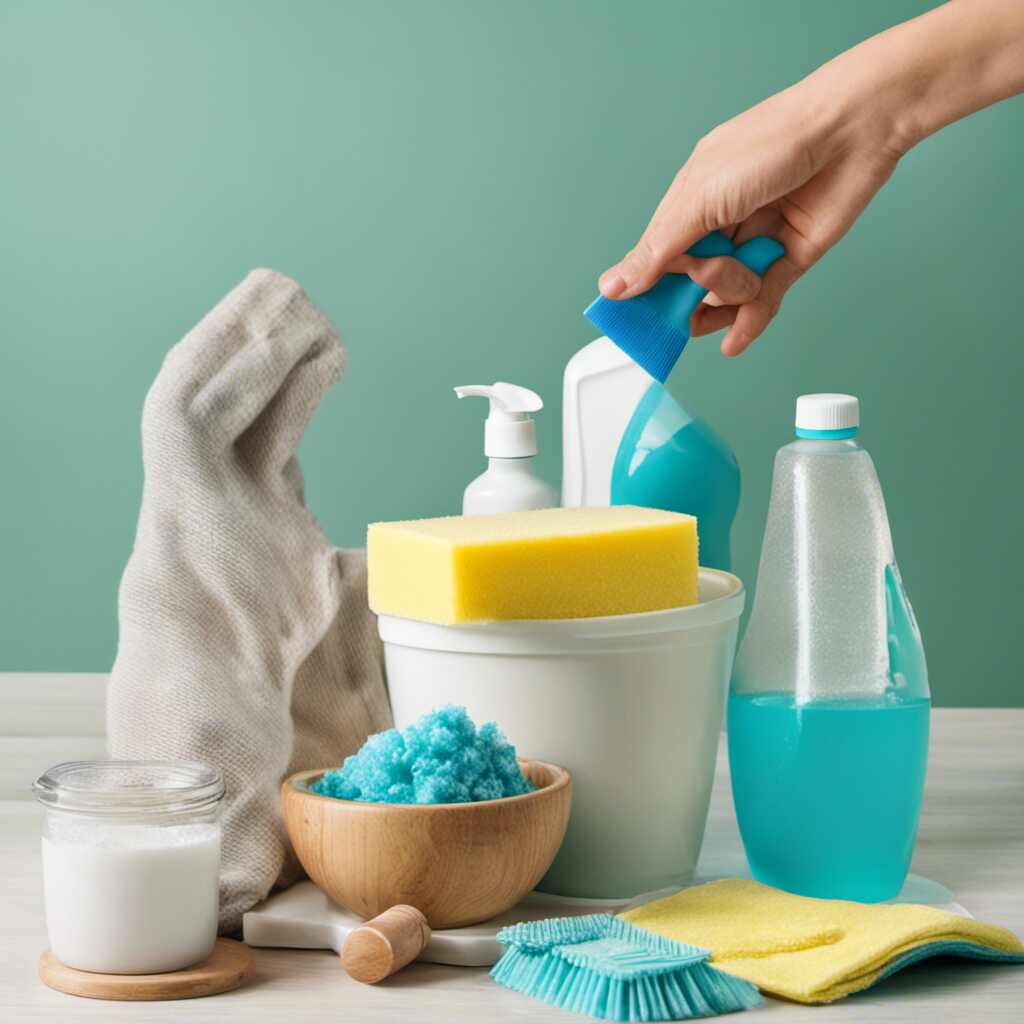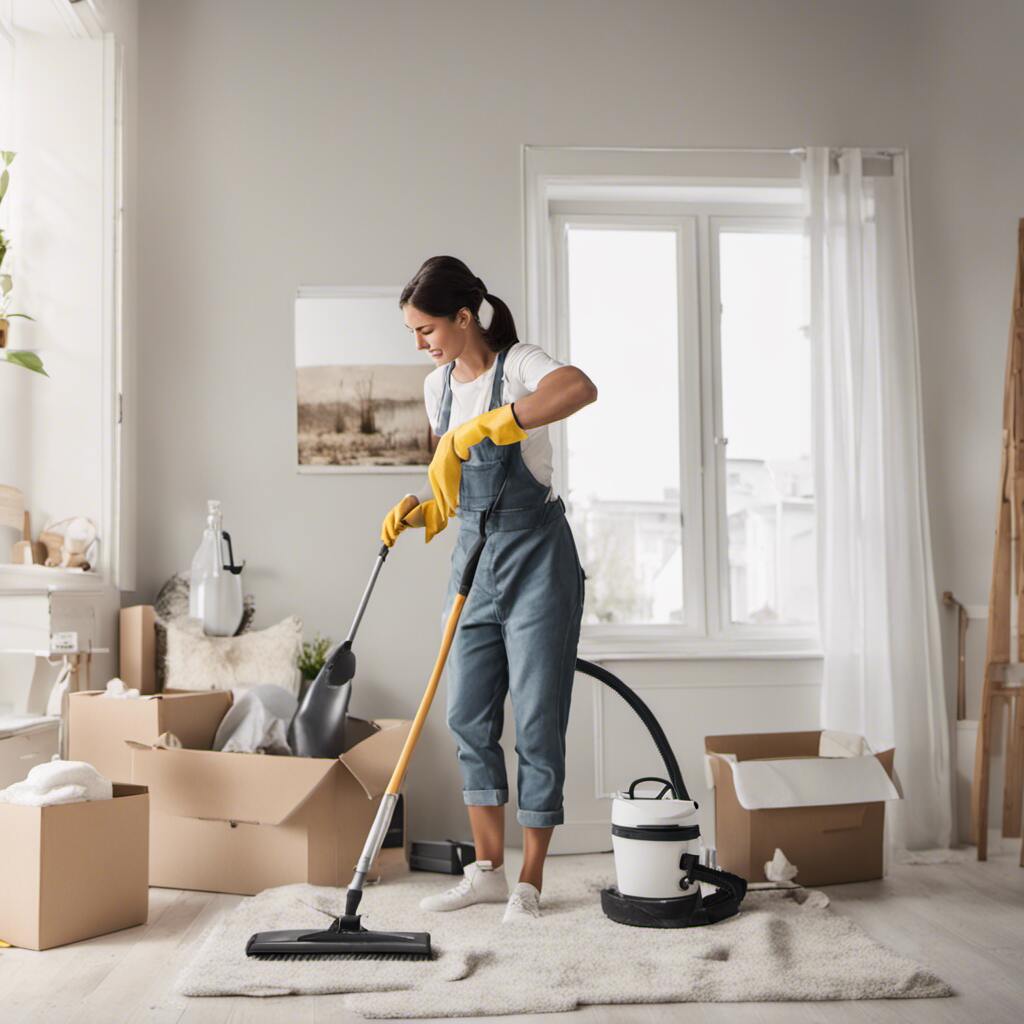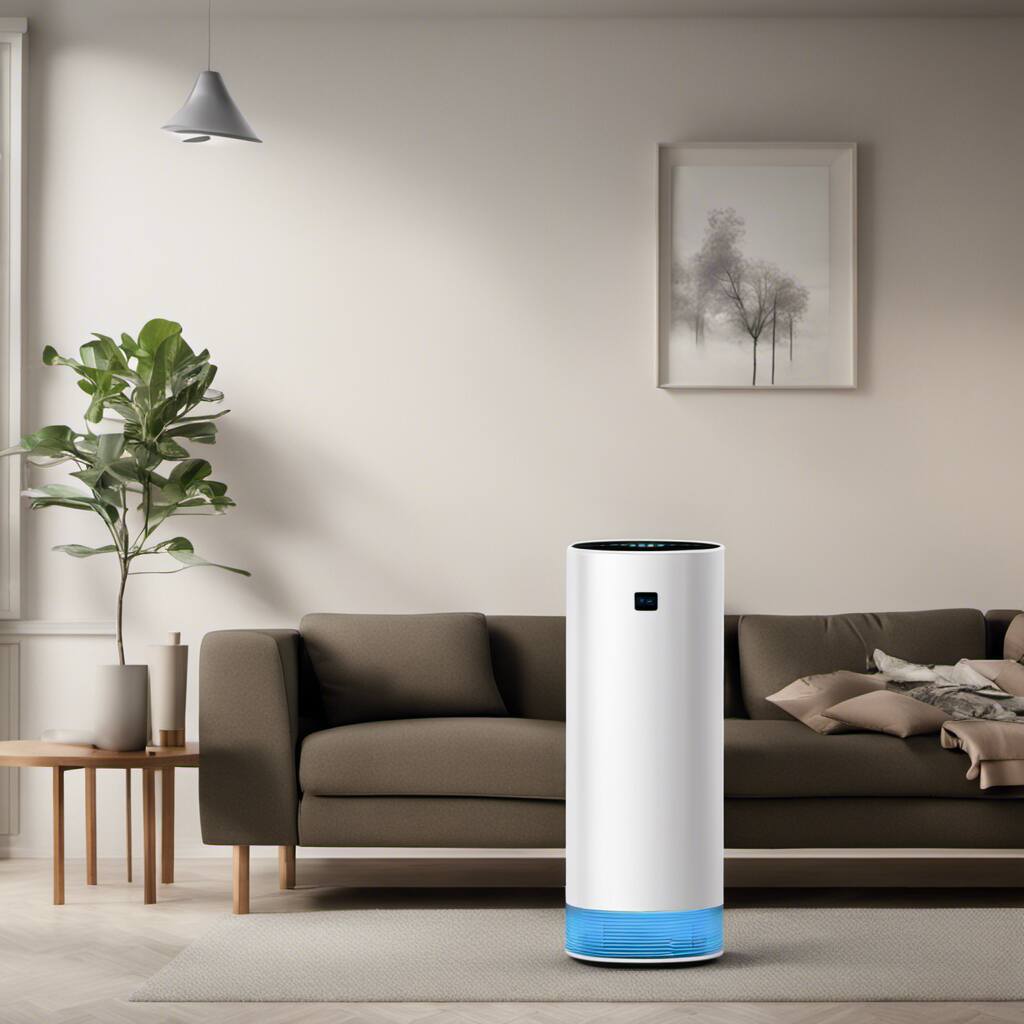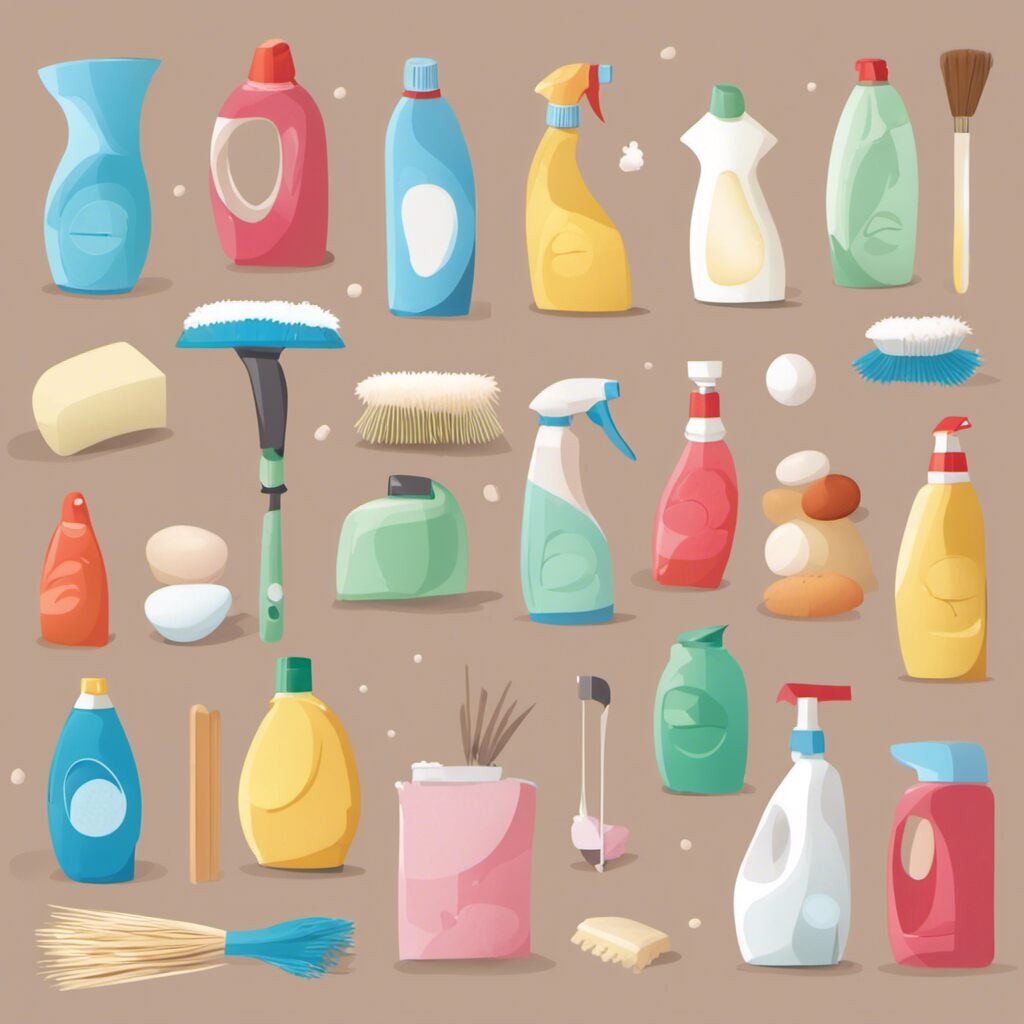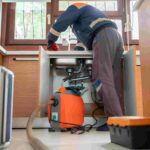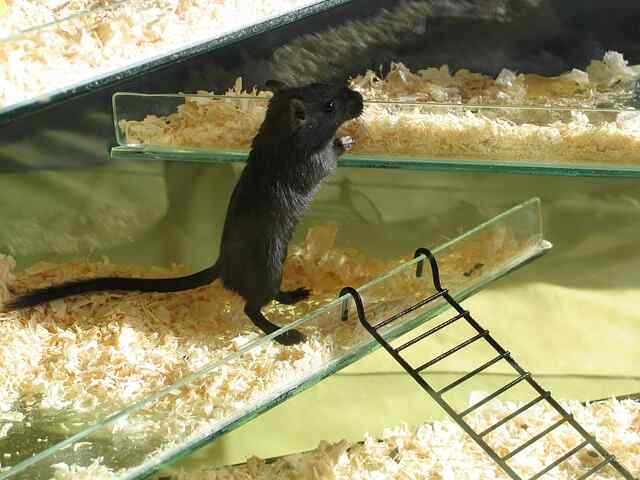
Home is where we seek comfort, relaxation, and a sense of security. However, an unwelcome intrusion that can disrupt this harmony is the presence of pests and infestations. Maintaining a clean living space plays a pivotal role in preventing these unwanted visitors. In this extensive guide, we will unravel how to safeguard your home from pests. From understanding common household pests to implementing practical cleaning strategies, we will cover everything you need to know to create a pest-free haven.
Identify common household pests such as ants, cockroaches, rodents, termites, and bedbugs. Understanding their behaviors and preferences is the first step in effective prevention. Be vigilant for signs of infestation, including droppings, chewed wires, unusual odors, and visible damage to furniture or structures. Early detection is key to prompt action.
How to Clean for Pest Prevention
1. Eliminate Food Sources
Pests are attracted to food residue. Regularly clean countertops, sweep floors and store food in airtight containers. Don’t forget to clean pet bowls promptly.
2. Maintain a Dry Environment
Many pests thrive in damp conditions. Fix leaks promptly, use dehumidifiers in humid areas, and ensure proper ventilation to reduce moisture levels.
3. Regular Vacuuming
Vacuum carpets, upholstery, and hidden corners regularly to remove crumbs and debris that attract pests. Pay special attention to pet areas.
4. Seal Entry Points
Inspect and seal any cracks, gaps, or openings in walls, windows, and doors. Pests can enter through surprisingly small spaces.
5. Dispose of Trash Properly
Keep trash bins tightly sealed, and dispose of garbage regularly. Accumulating trash is a breeding ground for pests.
6. Mind Your Garden
If you have a garden, keep it well-maintained. Trim overgrown vegetation, remove standing water, and store firewood away from the house to discourage pests.
7. Regular Pest Checks
Conduct routine checks for signs of pests. Early identification allows for swift intervention before an infestation takes hold.
8. Professional Pest Control
Consider professional pest control services for routine inspections and preventive treatments. Experts can identify potential issues and implement targeted solutions.
9. Establish Cleaning Routines
Consistency is key. Establish daily, weekly, and monthly cleaning routines to ensure a continuous defense against potential infestations.
10. Educate Household Members
Ensure that everyone in the household understands the importance of cleanliness in pest prevention. A collective effort is more effective.
DIY Solutions for Pest Prevention
1. Natural Repellents
Use natural repellents such as citrus peels, mint, and vinegar to deter pests. These substances are often disliked by common household invaders.
2. Homemade Traps
Create homemade traps for specific pests. For example, a mixture of sugar and borax can attract and eliminate ants.
3. Essential Oils
Employ essential oils like tea tree oil, peppermint oil, or eucalyptus oil to create a fragrant barrier that pests find unpleasant.
Conclusion
In conclusion, the role of cleaning in preventing home pests and infestations cannot be overstated. By adopting a proactive approach to cleanliness, you create an environment that is inhospitable to pests, safeguarding your home and the well-being of its occupants. From eliminating food sources to sealing entry points and incorporating DIY solutions, every cleaning action contributes to a robust defense against unwanted invaders.
Remember, maintaining a pest-free home is an ongoing process that requires diligence and awareness. By following the comprehensive tips outlined in this guide, you empower yourself to take charge of your living space, ensuring it remains a haven of comfort, safety, and peace of mind. With the right cleaning practices, you can enjoy your home without the unwelcome presence of pests.
